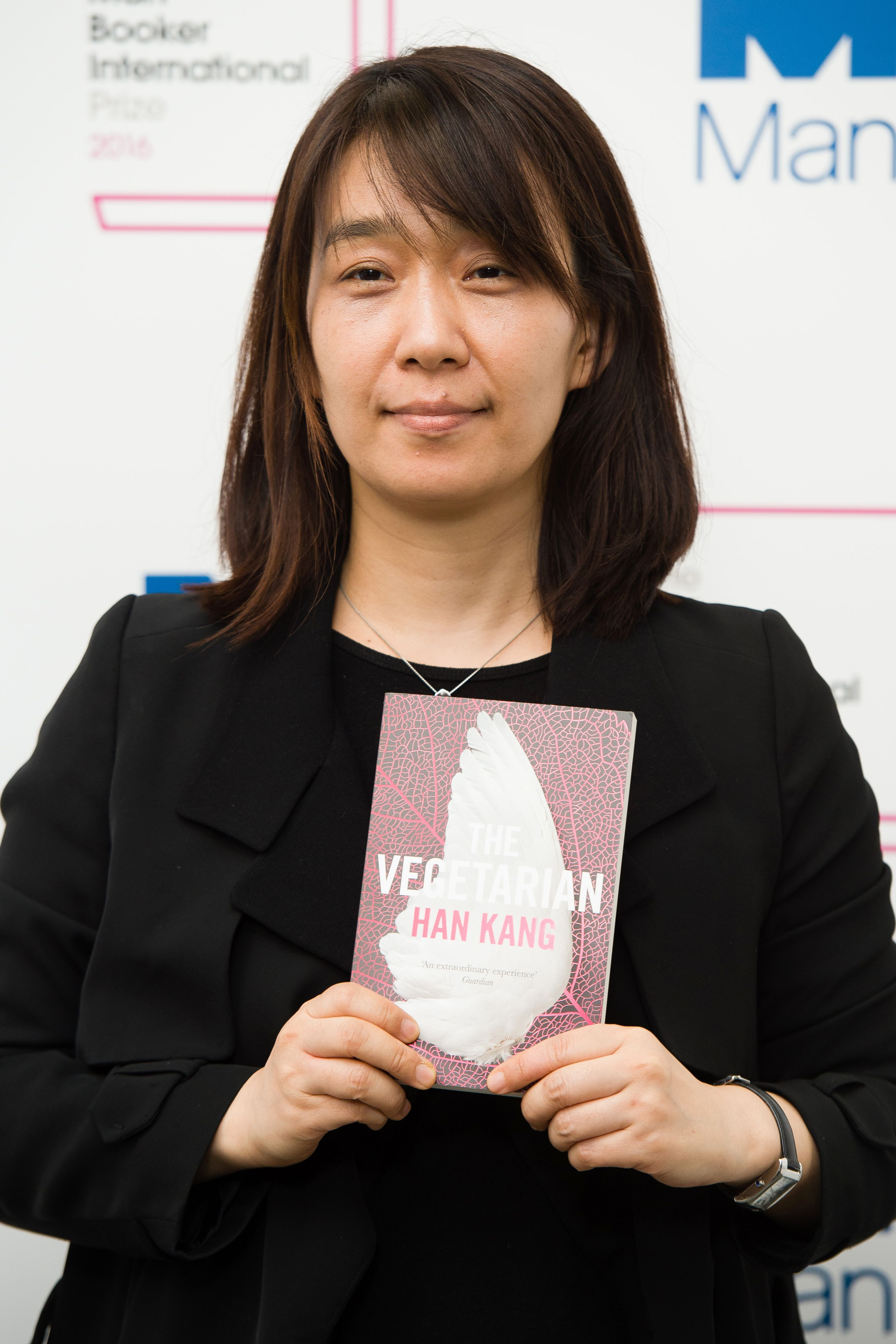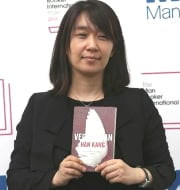Han Kang Wins Nobel Prize in Literature, First Korean Author to Achieve This Honor
The Nobel prize in literature has been awarded to 53-year-old South Korean novelist Han Kang for her “intense poetic prose that confronts historical traumas and exposes the fragility of human life”. Her works include The Vegetarian, The White Book, Human Acts and Greek Lessons.
Han’s novels, novellas, essays and short story collections have variously explored themes of patriarchy, violence, grief and humanity. Her 2007 novel The Vegetarian, which was translated into English in 2015 by Deborah Smith, won the International Booker prize in 2016.
Han is the first South Korean author and 18th woman to win the prize. Her “empathy for vulnerable, often female, lives is palpable, and reinforced by her metaphorically charged prose,” said Anders Olsson, chair of the Nobel committee. “She has a unique awareness of the connections between body and soul, the living and the dead, and in a poetic and experimental style has become an innovator in contemporary prose.”
“I have long known that Han Kang is one of the most profound and skilled writers working on the contemporary world stage,” said novelist Deborah Levy. “Well done, dearest Han Kang, I’m so pleased that you are our 2024 Nobel.”
The Vegetarian: Han Kang’s Most Influential Work
It’s often the case that when poets write novels, they deliver arrestingly vivid and nimble prose. Han Kang’s The Vegetarian (2007) is a case in point, and it is no doubt the work that was most influential in the Swedish Academy’s decision to award her the Nobel prize in literature 2024. The committee stated that Kang was awarded the prestigious prize because her “poetic and experimental style” has made her “an innovator in contemporary prose”.
The novel, translated into English in 2015, tells the story of Yeong-hye, a woman who decides to become a vegetarian after having nightmares about the slaughter of animals. This decision, however, leads to turmoil in her family, as they struggle to understand and accept her choice. Yeong-hye’s husband sees her decision as a form of disobedience, while her brother-in-law becomes erotically obsessed with it. Her father, in a violent outburst, force-feeds her pork.
The Vegetarian: An Exploration of Patriarchal Control
The Vegetarian delves into the complex themes of patriarchal control, social conformity and violence. The novel explores the impact of becoming vegetarian when everyone around you eats meat, and Yeong-hye’s struggle to maintain bodily agency in response to the pressures and expectations of her family and society.
The novel's three-part structure allows for shifts in narrative perspective and voice, giving readers a multifaceted understanding of the protagonist's journey. Notably, Yeong-hye never narrates her own story in the first person, and the lack of her voice appears to be crucial to the Nobel committee's decision, highlighting the author's emphasis on conveying “invisible sets of rules” and “the fragility of human life” through her “unique awareness of the connections between body and soul”.
Han Kang’s Other Works: Exploring Themes of History and Trauma
Han Kang’s Human Acts is a novel that delves into the May 1980 Gwangju massacre, a pivotal event in South Korean history. The novel explores the lasting impact of this event on the lives of individuals, both directly and indirectly affected.
The novel was translated into English by Deborah Smith in 2017 and was widely lauded for its powerful exploration of the trauma of the event and its lingering effects. The English translation of her most recent novel, We Do Not Part, is due to be published in February next year.
We Do Not Part is a story about a woman named Kyungha who travels to her friend Inseon’s rural house to care for a pet bird after Inseon is hospitalized. Trapped by a snowstorm, she uncovers letters from the 1948-49 Jeju uprising, a brutal event that claimed the lives of over 1,000 people. This event serves as a backdrop for the story, exploring its impact on the lives of individuals and the collective memory of a nation.
A Worthy Winner
The local specificity of Kang’s writing, bringing Korean history and places to a global audience, and the precision of her prose, means that her work is innovative and arresting in both form and content. Her novel The Vegetarian brought her worldwide recognition, and the International Booker Prize in 2016, which was followed by the awarding of the prestigious Prix Médicis Etranger in 2023 for We Do Not Part. This recognition is a testament to her literary prowess and the impact of her works.
A worthy winner, Han Kang’s work is both powerful and insightful. Her writing explores the complexities of human nature, the effects of trauma, and the challenges of living in a world marked by violence and inequality. Her commitment to interrogating these themes through her “intense poetic prose” has earned her deserved recognition as a leading voice in contemporary literature.


















